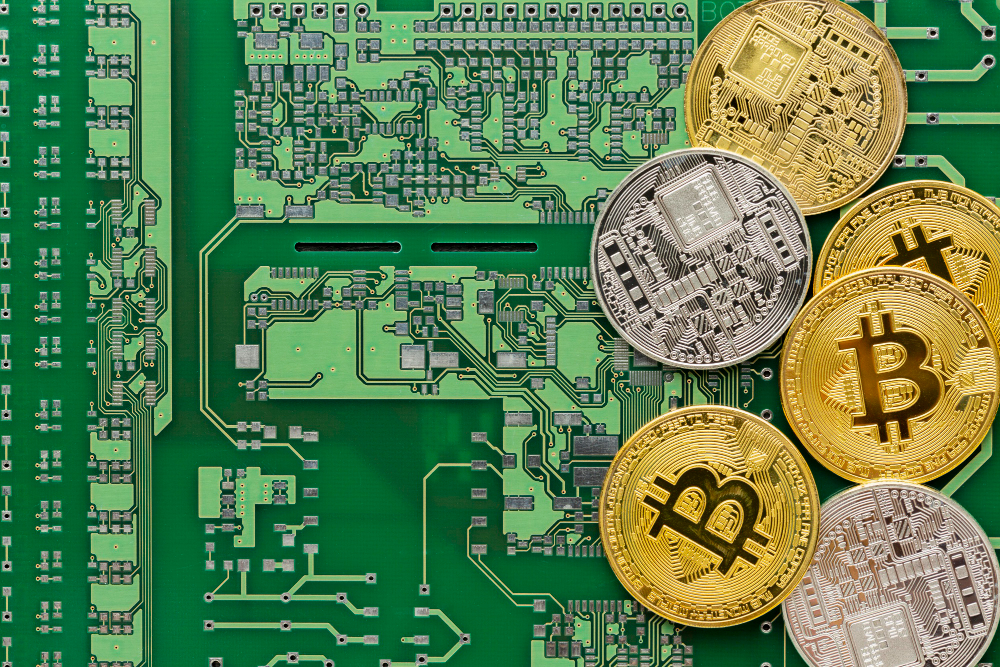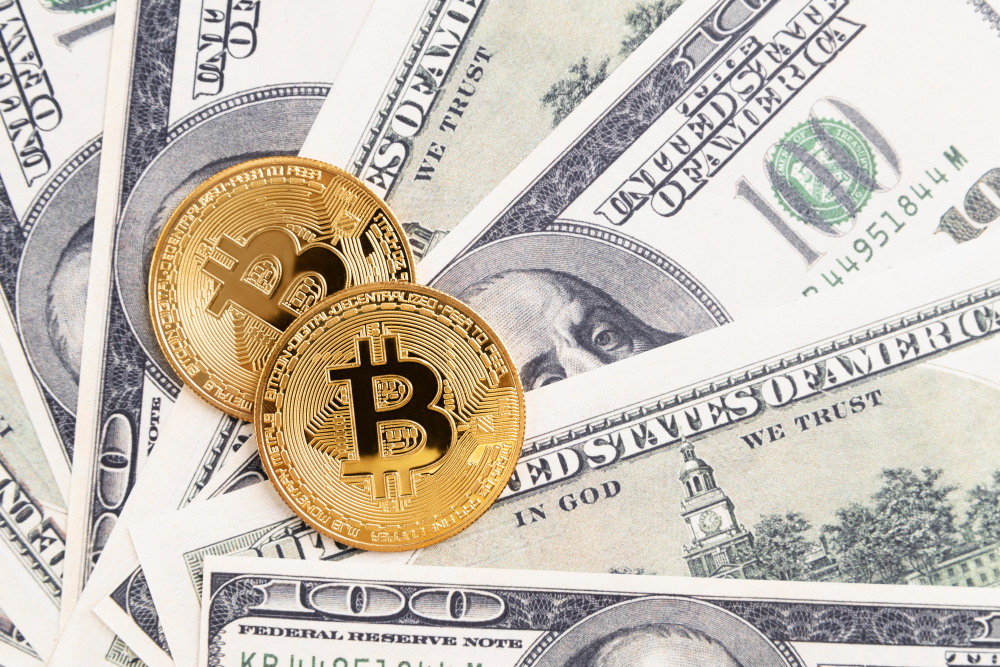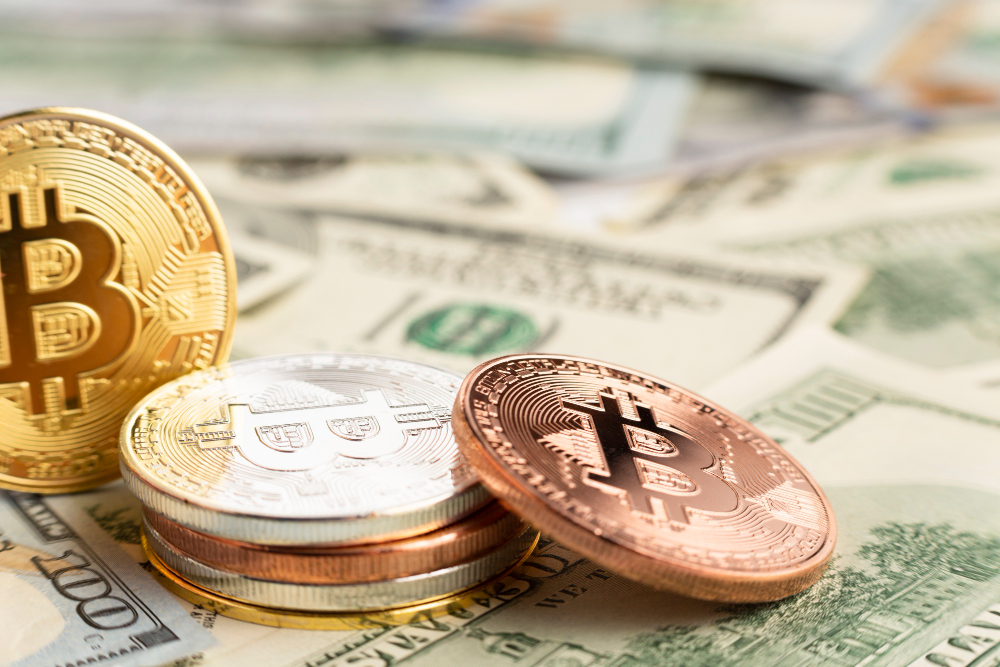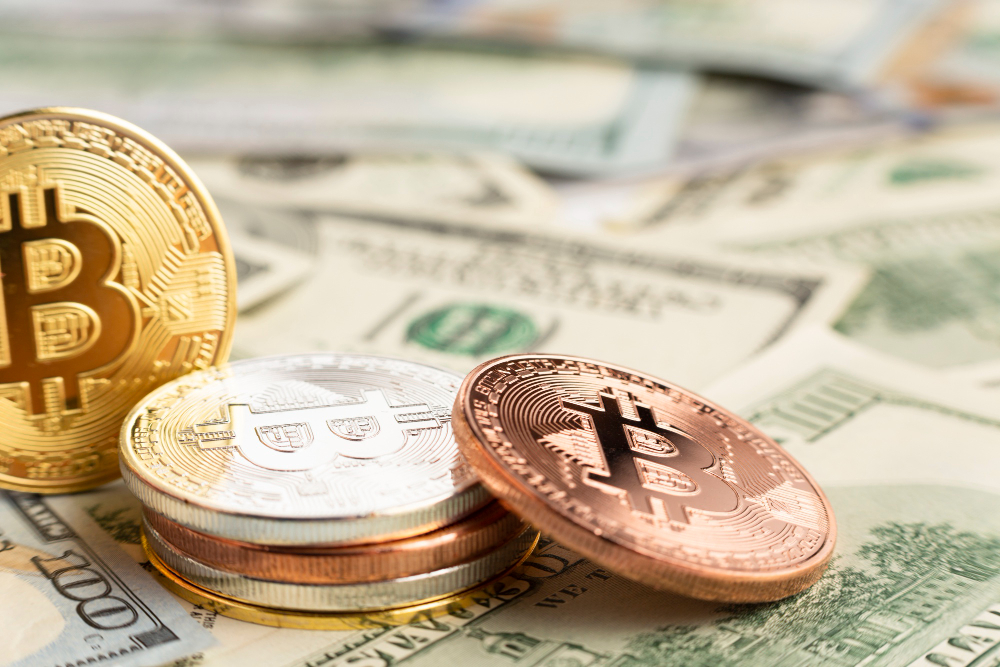rajkotupdates.news : government may consider levying tds tcs on cryptocurrency trading has been a popular topic in India for a long time. The government has been trying to figure out how to control this new kind of money that doesn’t go through banks. Reports say the Indian government may consider putting TDS and TCS (Tax Deducted and Tax Collected at Source) on selling cryptocurrencies. This move aims to make the industry more open and accountable, but it has also sparked a discussion among experts about how it might affect the industry. This article discusses the tax’s effects on Indian cryptocurrency trading.
How Tds Tcs On Cryptocurrency Trading Would Work
If the Indian government applies TDS and TCS (Tax Deducted at Source and Tax Collected at Source) to Bitcoin trading, it will work like conventional financial transactions. TDS is a tax that the government takes out of the salary of a person or business before they get it. TDS would be removed from traders’ and investors’ gains from trading cryptocurrencies. On the other hand, TCS is a tax that buyers pay to sellers when they buy something. When someone buys a cryptocurrency, the exchange will take TCS from the buyer.
Exchanges must sign up with the government and get a Tax Identification Number (TIN) to use this method. They would also have to keep track of all their deals and file tax returns regularly. The government would use these records to determine how much tax traders and owners needed to pay. Putting TDS and TCS into place for trading cryptocurrencies would take much work between exchanges and the government. If done right, it could help keep the business in check and bring in money for the government.

Understanding the Taxation Process for Cryptocurrency Trading in India
Understanding How Cryptocurrency Trading Will Be Taxed in India discusses how the Indian government plans to tax cryptocurrency trading. Since Bitcoin and Ethereum are getting more popular, the Indian government has been striving to clarify handling and taxing restrictions. TDS and TCS are “Tax Deducted at Source” and “Tax Collected at Source.” Recently, there have been rumors that the government might consider putting TDS and TCS on cryptocurrency deals. To avoid paying legal fees or fines, people must complete their tax returns correctly and follow all TDS and TCS rules.
What is Cryptocurrency?
Cryptocurrency is a decentralized, encrypted digital currency. Decentralized, no government or bank controls it. Instead, a computer network monitors and maintains system integrity. Bitcoin is the most popular cryptocurrency, but there are hundreds. Each operates differently and has distinct uses, but all aim to replace traditional currency. Cryptocurrency transfers are fast and secure without banks. However, it is volatility, and regulatory uncertainty pose concerns.
Importance of Accurately Reporting Cryptocurrency Transactions and Taxes
- Taxpayers must accurately report cryptocurrency trades and taxes to avoid legal trouble. Tax returns must include cryptocurrency income and capital gains.
- Bitcoin traders who don’t report their transactions could be fined, imprisoned, or charged interest. The punishment for not following the rules could be anything from a fine to jail time, depending on how bad the situation is.
- Because of this, it’s important to keep accurate records of all cryptocurrency transactions and talk to a tax expert to learn about the tax laws and filing requirements that apply to you. By doing this, people can ensure they follow the rules and avoid legal trouble.

Benefits
Increased tax revenue: Putting TDS and TCS on dealing in cryptocurrencies would ensure the government gets tax money from this growing market. As cryptocurrencies become more famous and more people trade them, it’s important to set up a tax system that fits traditional financial systems.
Better control and compliance: Criminals may use cryptocurrencies. They’re continually monitored. By putting in place TDS and TCS, the government can make cryptocurrency trade more open and accountable.
Creating a level playing field: Adding TDS and TCS to cryptocurrency trading would make cryptocurrencies and other asset types, like stocks and bonds, play on the same level. Cryptocurrencies’ tax status is unclear. These measures would make the tax system fair and protect investors from asset-class disadvantages.
Protection for investors: Tax methods like TDS and TCS can help protect investors in the cryptocurrency space. By ensuring people pay their taxes, the government can discourage fraud and scams, making it safer for people to trade cryptocurrencies.
Long-term economic stability: As the government looks into ways to control and tax cryptocurrency trading, it can help keep the economy stable in the long run. Institutional investors want a well-regulated and taxed cryptocurrency market to invest in.
Future of Digital Currency
- As we move toward a more digital world, technology will have to change the way money works in the future. This is how cryptocurrency has progressed and will soon be extensively used. Many analysts believe cryptocurrency will replace traditional currency due to its decentralization and safety.
- But before this can happen, some problems still need to be solved. One of the most worrying things about the cryptocurrency market is the need for more rules and control. Global governments seek to regulate this new currency and prevent its illegal use.
- Even with these problems, the benefits of digital cash can’t be overlooked. It makes transactions faster and cheaper, makes them safer, and makes them easier to use for people who might not have access to standard banking systems. We expect to see even more new ideas in digital cash as technology keeps improving.
- Overall, the future of digital cash looks good, even though there are still some problems to solve. We expect cryptocurrency to become more popular as people learn about it and countries develop regulations.
How are TDS and TCS applied?
TDS is deducted from wages, savings interest, rent, and professional fees. In some cases, the recipient must deduct and pay taxes. TDS ensures the government gets a steady amount of money throughout the year. On the other hand, TCS applies to the sale of certain goods or services, such as alcohol, tobacco, and hotel rooms. At the time of sale, the seller gets the tax and sends it to the government.
TCS wants to stop people from not paying taxes by ensuring taxes are paid at the source. When it comes to taxes, selling cryptocurrencies is in a gray area. The government is now considering whether TDS and TCS should be used for cryptocurrency deals. The goal of the move is to make it clear and easy to pay taxes on digital currencies and stop tax fraud. People who sell or invest in cryptocurrencies should know how TDS and TCS could affect their transactions.

How does the functioning of cryptocurrencies operate?
The blockchain is a decentralized technology that tracks and handles rajkotupdates.news : government may consider levying tds tcs on cryptocurrency trading transactions. A computer network verifies cryptocurrency transactions using complicated formulae. After confirmation, the transaction is placed on a block and added to the blockchain. The blockchain works like a public ledger, so anyone on the network can see past transactions for a certain cryptocurrency. Cryptography protects cryptocurrencies, which makes it hard to fake or double-spend them.
Bitcoin transactions are protected by a unique digital signature that verifies and prevents alteration. Coins are secure and difficult to hack or misuse. Government banks do not issue a cryptocurrency. Instead, they are generated via “mining,” where powerful computers solve difficult math problems to confirm transactions and add them to “the blockchain.” Miners get a few coins.
In what manner will the tax be levied on cryptocurrency
rajkotupdates.news : the government may consider levying tds tcs on cryptocurrency trading and might charge TDS TCS. Suppose the Indian government taxes cryptocurrency trading; TDS and TCS taxes will be taken from normal profits and capital gains. Transactions in cryptocurrency will be taxed based on the following rules:
TDS: If TDS applies to cryptocurrency transfers, the payer will take tax out of the transaction before it starts. Buyers send TDS to the government from sellers’ cash. The seller might claim a TDS credit on their tax return.
TCS: If TCS is due, the seller must collect it at the point of sale. If TCS applies to deals with cryptocurrencies, the person selling the cryptocurrency would take the tax from the person buying it and give it to the government after the transaction. When the buyer files their taxes, they can get a tax credit for the amount of TCS they paid. The TDS and TCS rates for both situations would depend on the government’s decision.
Pros & Cons
Pros:
Increased Tax Revenue: Charging TDS and TCS on trading bitcoin could bring in a lot of tax money for the government. In recent years, trading cryptocurrencies has become very popular.
Regulation and Compliance: Adding TDS and TCS to cryptocurrency trading would help make the business more regulated and compliant. By putting these tax systems in place, the government can keep a closer eye on cryptocurrency trading and ensure that people and companies are responsible for their transactions.
Level Playing Field: Some claim the decentralized Bitcoin market doesn’t follow financial market regulations. TDS and TCS would tax cryptocurrency transactions like other asset classes.
Cons:
Technological Challenges: Putting in place TDS and TCS for trading in cryptocurrencies is a technological task. Cryptocurrencies work on platforms that aren’t centralized, making it hard to track transactions for tax reasons. The government must invest in strong and advanced technology to successfully enforce these tax measures.
Compliance Burden: Adding TDS and TCS to cryptocurrency trading would add more work for traders and companies in the crypto industry to make sure they are following the rules. They would have to know and follow the tax rules, keep correct records of transactions, and make sure that tax deductions or payments are made on time.
Impact on Innovation: Cryptocurrencies and blockchain technology can boost innovation and economic growth. Putting TDS and TCS on trade in cryptocurrencies could speed up the country’s growth and use of these technologies.
Regulatory Uncertainty: Adding TDS and TCS to trade in cryptocurrencies could add to the regulatory uncertainty around cryptocurrencies. The government’s view on cryptocurrencies has changed over time, and sudden tax changes could make the market confusing and hard to predict.






FAQs
Q: Why are Rajkot Updates. Is news important?
A: Rajkot Updates. News is an online site with the latest updates and news stories on many topics, such as government policies, finance, and technology.
Q: What do we know about the government’s plans to charge TDS/TCS on cryptocurrency trade?
A: Rajkot Updates. News says that the government is thinking about putting TDS and TCS (Tax Deducted at Source and Tax Collected at Source) on dealing with cryptocurrencies. People or companies trading in cryptocurrencies may have to pay taxes when transacting.
Q: What does it mean to charge TDS/TCS on the trade of cryptocurrencies?
A: The government aims to set up a tax system where bitcoin traders deduct or collect a proportion of tax at the time of the transaction.
Q: Why does the government want to do this?
A: Several things could make the government consider putting TDS/TCS on cryptocurrency trade. It should correct taxes and tax cryptocurrency trade. It could also be a way to better control and keep track of cryptocurrency transactions.
Q: How will the use of TDS/TCS affect people who trade cryptocurrencies?
A: Cryptocurrency merchants must pay taxes if TDS/TCS is adopted. This would make it harder for traders to follow the rules, which could hurt the general profitability and liquidity of trading cryptocurrencies.
Conclusion
We reviewed what we learned in rajkotupdates.news : government may consider levying tds tcs on cryptocurrency tradingMay Think About Charging TDS and TCS on Cryptocurrency Trading” and added more background. We also put a lot of attention on how TDS and TCS affect Cryptocurrencies. Putting TDS and TCS on dealing in cryptocurrencies would greatly affect investors and traders. The move could change how profitable it is to invest in cryptocurrencies, but it could also make it easier to figure out how to tax digital currencies. Cryptocurrency traders and investors should know how TDS and TCS could affect their deals and stay current on regulating cryptocurrencies. The move by the government to put TDS and TCS on trade in cryptocurrencies will have a long-term effect on the market, but it’s not clear yet how. Still, digital currencies are becoming an increasingly important part of the global economy.